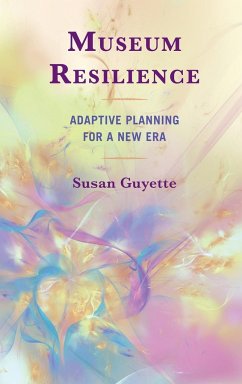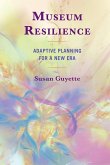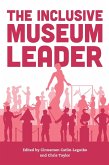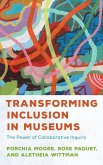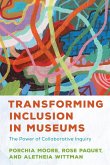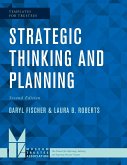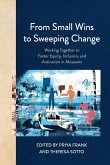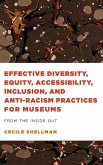Focused on multiple-scenario planning method, Museum Resilience gets to the "how" for expanding inclusivity and decolonization efforts, as well as adapting in a time of visitation and financial challenges. Unique features of the book include explaining worldview differences, value-based planning techniques (adaptive and multiple-scenario), the specifics of expanding museum income through collaborations, and ways of developing learning programs that support cultural continuance. The author has field-tested these methods for 30 years (over 50 plans completed), blending her graduate degrees in Cultural Anthropology and Urban and Regional Planning to design methods for cross-cultural planning. Integral to the book are planning processes for museums to use with communities in addressing these issues. Each chapter contains an annotated "Further Readings" feature, useful for textbook readers. Another feature of the book is the integration of examples concerning potential roles museums can take in opening environmental awareness. The author is an experienced leader in culturally diverse issues, focusing on value-based planning and designing techniques that work across cultures.
Bitte wählen Sie Ihr Anliegen aus.
Rechnungen
Retourenschein anfordern
Bestellstatus
Storno

